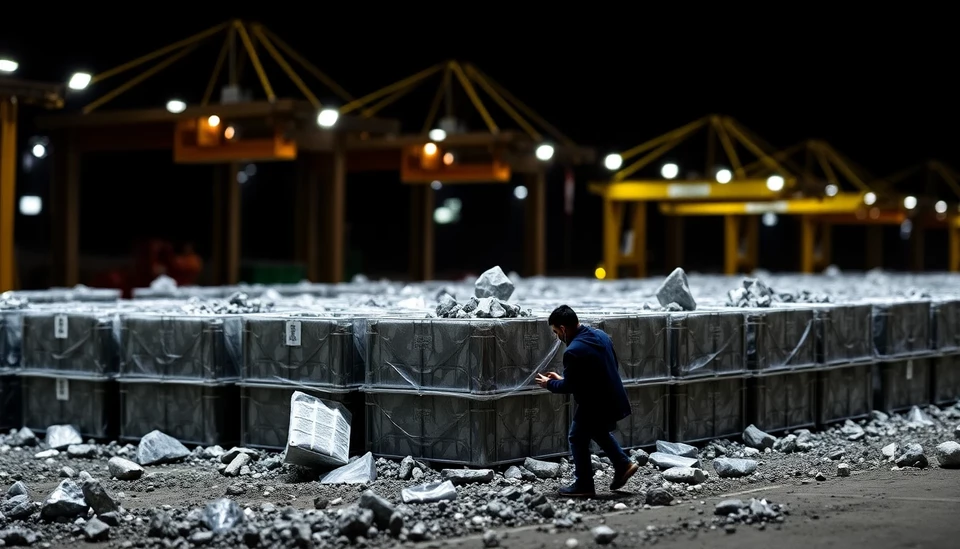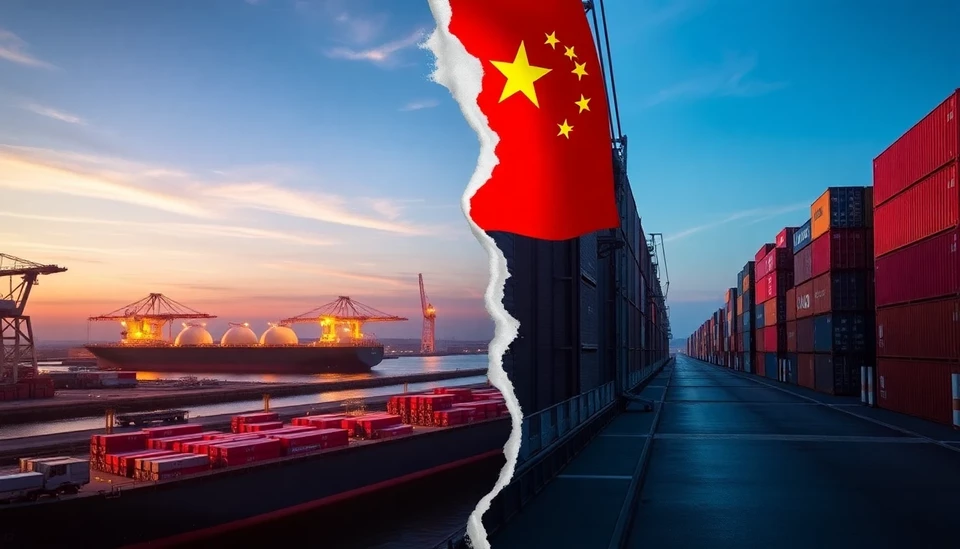
In a strategic move reminiscent of the ongoing global trade frictions, China has utilized its dominant position in the tungsten market to send a strong message to its trading partners, particularly in the context of the escalating tensions with the United States. This development marks a significant turning point in international trade relations, particularly as nations vie for critical minerals essential for high-tech manufacturing and defense capabilities.
Tungsten, a key material used in a variety of industries including electronics, aerospace, and defense, has seen China exerting its influence as it produces about 85% of the world’s tungsten supply. This overwhelming control over a critical mineral not only gives China leverage in negotiations but also positions it as a crucial player amid rising competition for resources in an increasingly digital and technological world.
As the U.S. and its allies ramp up their efforts to reduce dependency on Chinese goods and secure their supply chains, China’s decision to utilize tungsten as a bargaining chip is indicative of its strategy to assert dominance. Beijing is entwining its economic tactics with geopolitical objectives, particularly with the backdrop of heightened sanctions and tariffs imposed by Western nations in recent years.
The exploitation of tungsten is not merely a matter of supply; it also intertwines with broader themes of national security and technological advancement. With the U.S. focusing on reshoring critical supply chains and boosting domestic production of key minerals, China's willingness to adjust its export policies on tungsten could serve as a warning sign regarding its capacity to impact global availability.
Industry experts suggest that this maneuver could have profound implications for various sectors, especially those reliant on sophisticated technologies that use tungsten. As nations grapple with resource allocation and trade strategies, China's proactive stance may compel affected countries to rethink their trade policies and stockpile tactics to mitigate potential disruptions.
In response to the pressures exerted by the West, Chinese officials have emphasized their commitment to stabilizing trade relations. However, the tensions have highlighted the fragility of global supply chains when one nation retains such substantial control over a critical resource. The ripples of this development will likely be felt in economic forecasts, global market trends, and the overall dynamics of international trade.
As negotiations continue, the focus on tungsten may serve as a litmus test for future trade interactions. The reliance on this mineral not only underscores the interconnectedness of economies but also emphasizes the importance of forging resilient trade networks that can withstand geopolitical shocks.
This situation serves as a reminder of the complexities inherent in international trade and the multifaceted nature of resource diplomacy. The global community's response and adaptation to China's tungsten diplomacy will be crucial in determining the future balance of power in international relations.
With the world watching closely, the coming months will likely reveal whether China’s tungsten tactics will alter the trajectory of trade negotiations or catalyze new approaches to international cooperation amidst rising tensions.
#Tungsten #ChinaTrade #GlobalEconomy #ResourceDiplomacy #TradeWar #TechnologySupplyChain #Geopolitics #MineralResources
Author: Samuel Brooks

